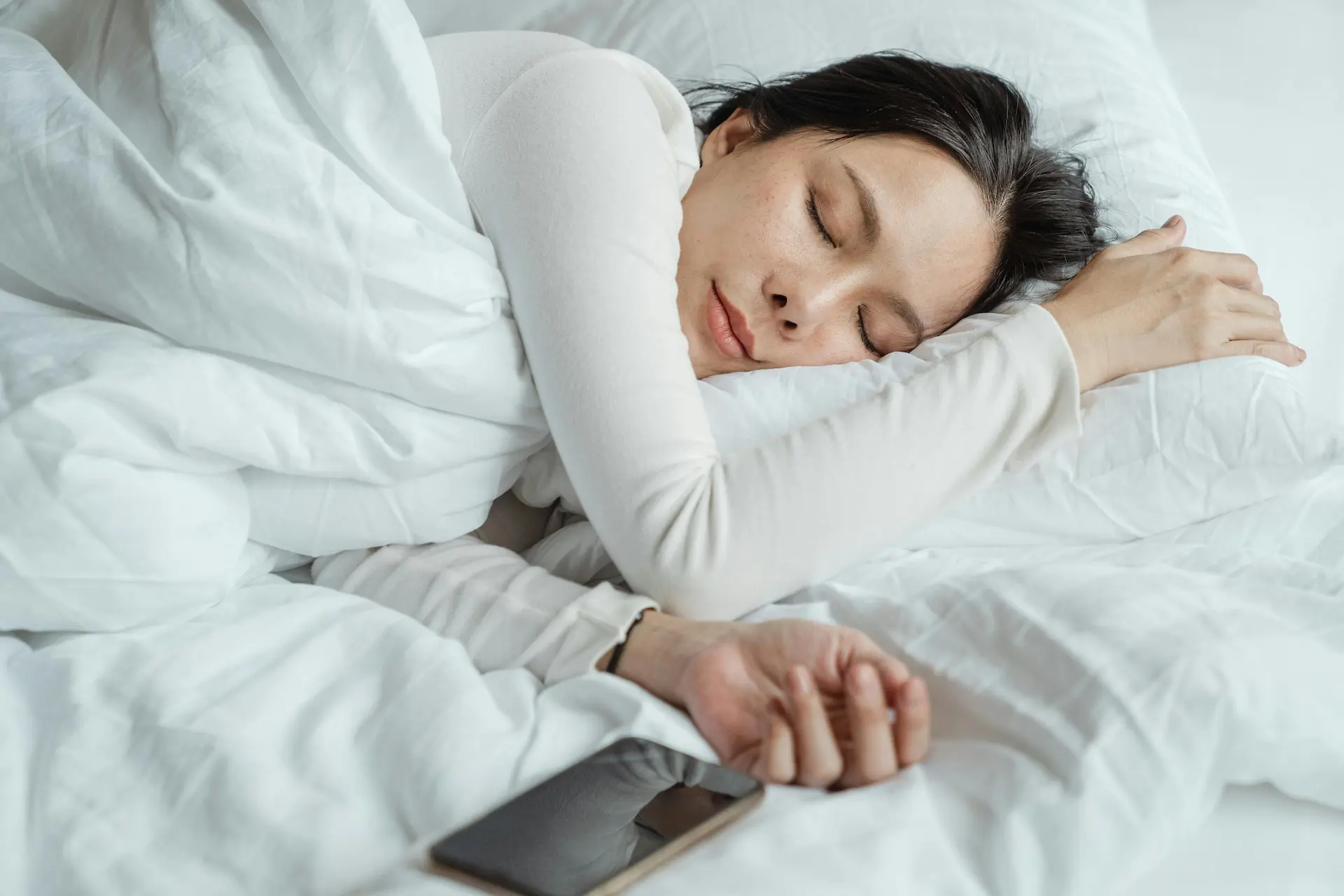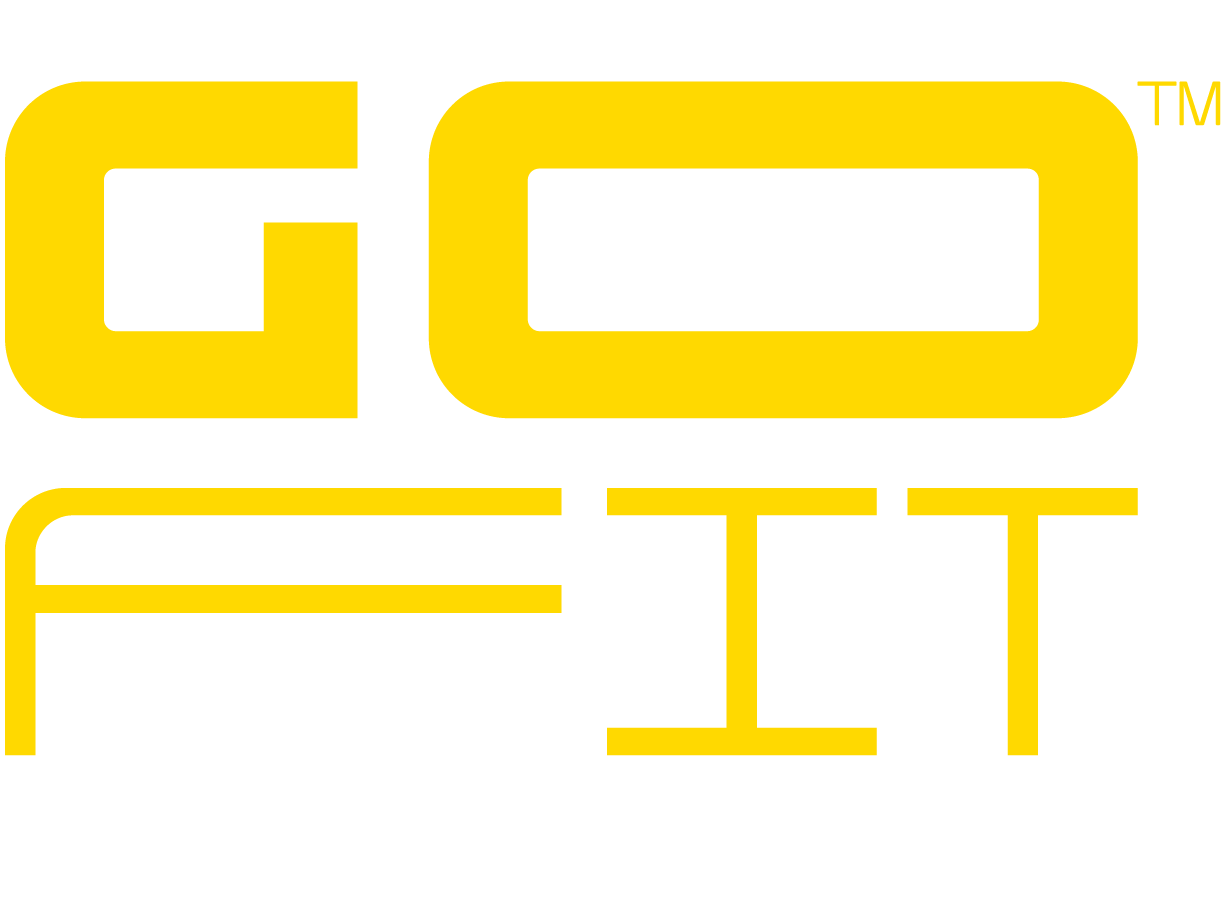You hit the gym, lift heavy, follow your macros but still feel sluggish and struggle to recover. Sound familiar? If you’re training hard but not sleeping well, you’re leaving results on the table. In fact, sleep is one of the most underrated tools in your fitness toolkit.
Whether your goal is muscle gain, fat loss, or performance improvement, sleep and workout recovery go hand-in-hand. Here’s why every serious gym-goer needs to make rest a priority and how to improve it starting tonight.
How Sleep Affects Recovery and Performance
When you sleep, your body goes into repair mode. Muscle tissue damaged during training is rebuilt, hormones like testosterone and growth hormone are released, and your nervous system recharges. According to the Sleep Foundation, sleep directly impacts protein synthesis, muscle recovery, and even performance the next day.
- Less than 6 hours of sleep = higher cortisol levels (bad for muscle growth)
- 7–9 hours = optimal range for gym-goers
- Poor sleep reduces reaction time, coordination, and energy output
The Science Behind Sleep & Strength Gains
In a study published by the European Journal of Applied Physiology, athletes who were sleep-deprived saw decreased strength, slower reaction times, and reduced endurance during workouts (source).
This means no matter how perfectly you program your workouts or track your nutrition, a lack of sleep could be limiting your gains. Consistent quality sleep can:
- Enhance muscle repair and hypertrophy
- Boost energy and mental focus
- Improve metabolic health and fat loss
- Help reduce post-workout inflammation
Read also: Why Sleep is Crucial for Fitness: How Rest Boosts Recovery and Performance
Signs You’re Not Sleeping Enough
- Plateauing in strength or size
- Persistent soreness or slow recovery
- Low motivation or gym fatigue
- Increased sugar cravings
- Irritability or poor concentration
If these sound familiar, your solution might not be another protein shake – it might be more pillow time.
Simple Tips to Improve Sleep for Better Gym Results
- Set a bedtime routine: Go to bed and wake up at the same time daily.
- Cut screen time: Avoid phones and laptops 30–60 mins before bed.
- Limit caffeine: Stop consuming it at least 6 hours before bedtime.
- Create a sleep sanctuary: Keep your room cool, dark, and quiet.
- Wind down: Try deep breathing or light stretching before bed.
Why Personal Trainers Care About Your Sleep
Good personal trainers don’t just design workouts, they optimise recovery too. At GoFit, our trainers educate you on total wellness, which includes recovery strategies like sleep hygiene and rest day planning.
- We help you spot overtraining and adjust your program
- We include active recovery workouts and flexibility training
- We coach you on sleep-supporting habits to maximise muscle growth
Book a personal training session to get a holistic fitness plan including rest strategies that make your results last.
FAQs: Sleep and Fitness Recovery
How many hours of sleep do gym-goers need?
Most active individuals need 7–9 hours of quality sleep to support muscle recovery and optimal performance.
Can lack of sleep stop muscle growth?
Yes. Sleep deprivation increases cortisol levels and reduces growth hormone production, which can hinder muscle repair and growth.
Is it okay to work out when sleep-deprived?
Occasionally, yes. But frequent sleep deprivation can increase injury risk, reduce motivation, and stall progress. Prioritise rest for better long-term results.
The Smartest Gains Happen While You Sleep
Muscles are made in the gym but they’re built while you sleep. If you’re chasing serious progress, your pillow is just as important as your protein.
Join GoFit today to train smarter, sleep better, and work with personal trainers who know results aren’t just about the reps, they’re about recovery too.
Read also: Why Sleep is Crucial for Fitness: How Rest Boosts Recovery and Performance





